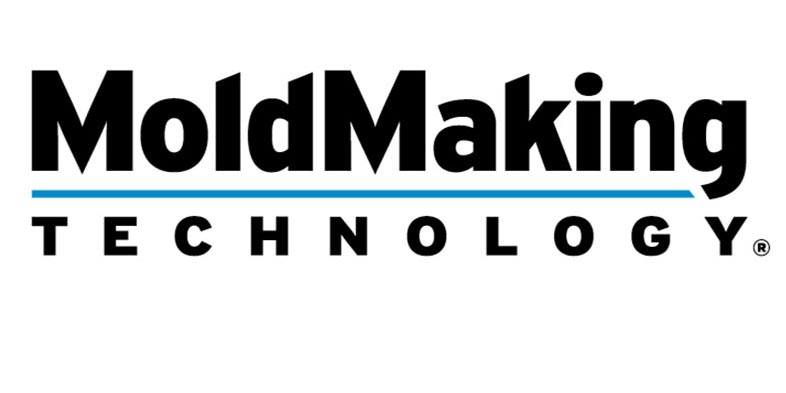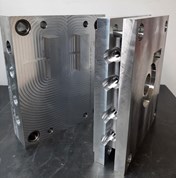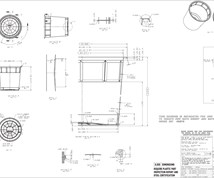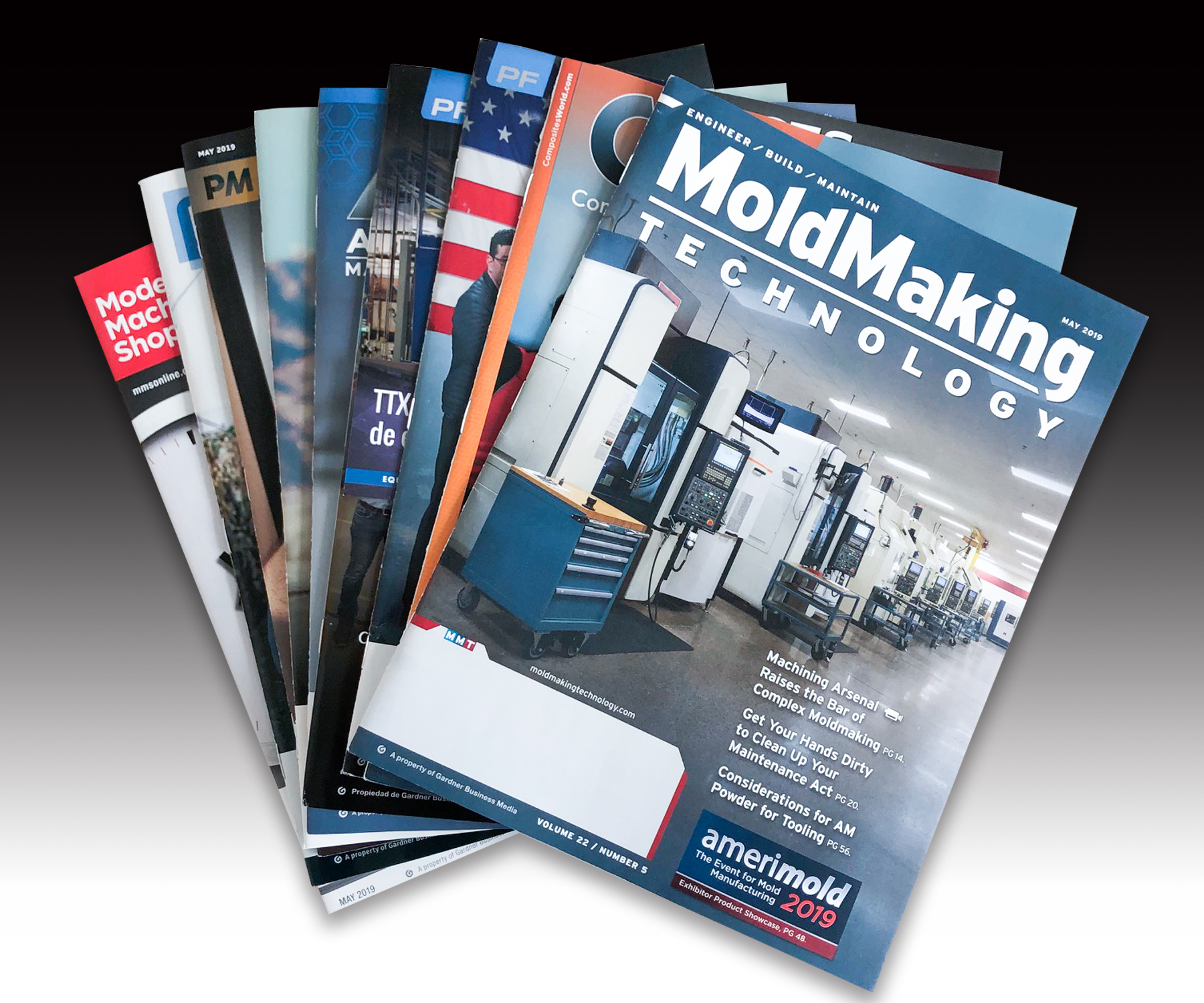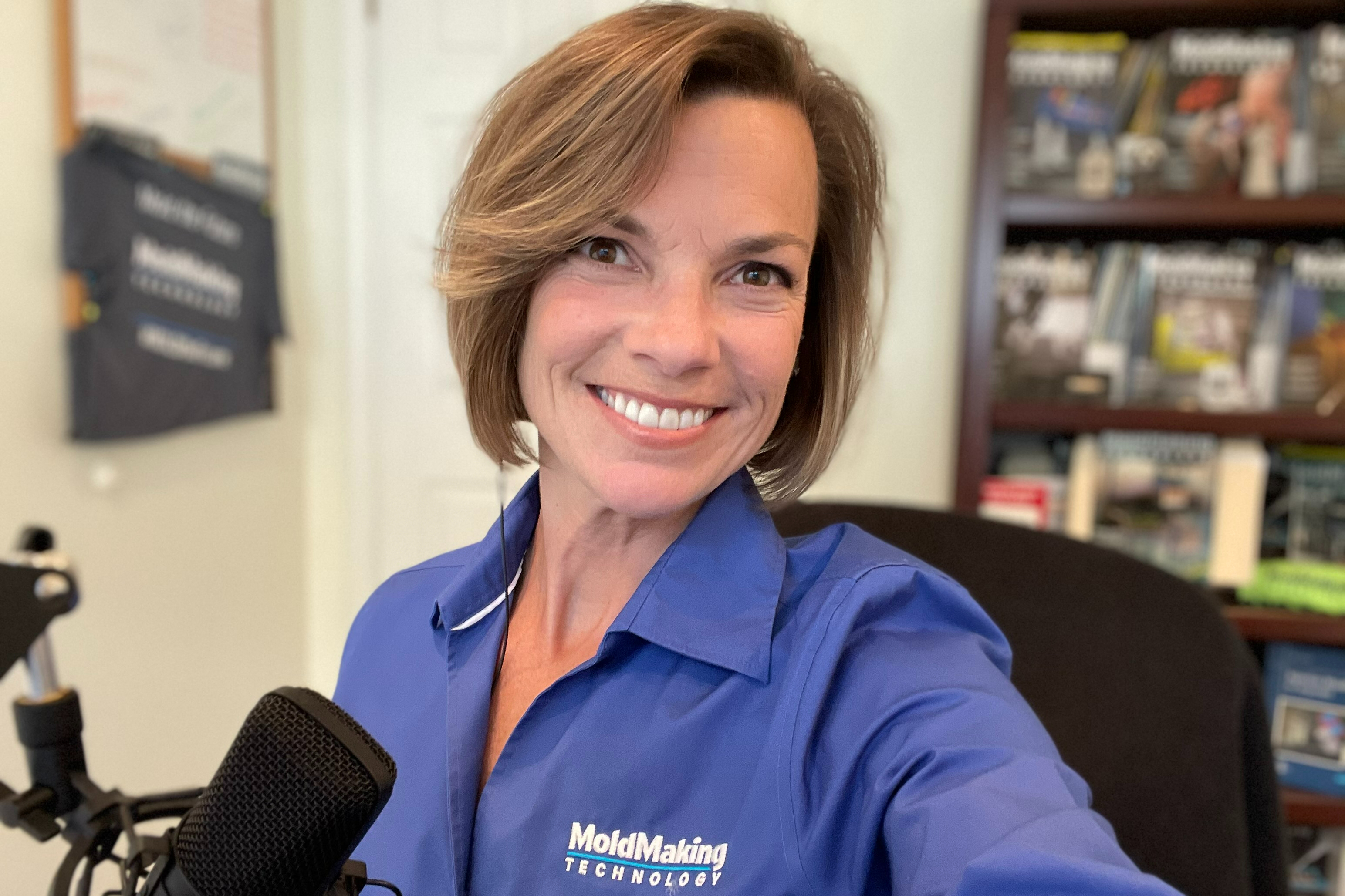End of the Year Deals
Who doesn't do a little post holiday shopping to find that great end of the year deal? I know I've had some great finds in both frivolous merchandise and necessary appliances. Well, the same can be said for any shop capital expenditures you are considering, and I found an article that may help you analyze your business’ needs and select the appropriate financing option.
#analysis

Who doesn't do a little post holiday shopping to find that great end of the year deal? I know I've had some great finds in both frivolous merchandise and necessary appliances. Well, the same can be said for any shop capital expenditures you are considering, and I found an article that may help you analyze your business’ needs and select the appropriate financing option.
Featured Content
William G. Sutton, CAE, President and CEO of Equipment Leasing and Finance Association shares the following:
"There is typically a push by leasing and finance companies to close transactions every December, mainly to take advantage of any tax benefits during that fiscal year. As a result, the Monthly Leasing and Finance Index (MLFI) issued by the Equipment Leasing and Finance Association (ELFA) traditionally shows new business volume spiking in December. When tax benefits for equipment leasing and finance companies exist, there should be an added incentive for them to offer better deals to customers.
For company managers, the push to complete equipment financing transactions by year-end may stem from a couple of scenarios. One is the ability to leverage the year’s unused operating funds to secure better terms or larger deals with financing companies who are eager to get deals done. Another is the need to maximize the allocated budget, to “use it or lose it”, so it’s not reabsorbed back to the company and possibly cut from next year’s budget. In either case, it is recommended that businesses consult with their accounting advisors to ensure they are getting the right equipment with the best possible terms.
Given growing equipment demand amid ongoing economic uncertainty, many businesses find that equipment financing is a key acquisition strategy. Here is a look at 10 key benefits of equipment financing:
1. Flexible Financial Solutions. The types of financing solutions equipment finance companies offer—especially leases—are flexible and can be tailored to specific accounting, tax or cash flow needs.
2. Capital preservation. Financing versus spending cash, and particularly the type of financing employed (lease vs. loan) can help mitigate the uncertainty of investing in a capital asset that may not yield the desired return or increase efficiency, cost savings or future sales.
3. Improved Expense Planning. Maintaining cash flow and consistent budgeting is another benefit of equipment financing. Instead of considerable capital outlays resulting in huge budget fluctuations, financing enables even expense planning.
4. Business Cycle Flexibility. Some types of leases allow for seasonal business fluctuations, lower monthly payments while a project is ramping up and revenue is not yet being generated from the equipment, and other specific circumstances.
5. Up-to-Date Technology. Many businesses couldn't afford to buy outright the equipment they need to be competitive and thrive. With term financing, they are often able to acquire more and better equipment that may have been out of their reach if they only considered buying it.
6. Equipment Expertise. Many equipment finance companies are equipment experts and offer equipment specialties which other sources of finance do not. Equipment financiers have special relationships with manufacturers and distributors, specializing in certain equipment types or industry categories.
7. Managed Obsolescence. The risk of owning obsolete equipment is eliminated if you use lease financing for your acquisition, since many agreements allow for easy, fast equipment updates. Most equipment finance companies, in partnership with their vendors, will work with your business to "right size" the equipment.
8. Dependable Asset Management. Asset management is a key benefit of many forms of equipment finance, ensuring equipment in operation isn’t under-utilized or over-utilized. A good asset management program tracks equipment throughout its life cycle from delivery to installation, use, maintenance, and finally de-installation and disposition.
9. Equipment Disposal. Most businesses don't have the resources or knowledge to efficiently manage and sell their old equipment. You may essentially outsource the equipment management function so the financing company can handle its disposal or resale when it’s time to retire the asset.
10. Reduced Risk. Equipment purchases involve risk to the owner, from equipment expertise to capital outlays, from asset management to obsolescence. Financing removes many unnecessary risks allowing you to focus on your business."
RELATED CONTENT
-
What Is Scientific Maintenance? Part 1
Part one of this three-part series explains how to create a scientific maintenance plan based on a toolroom’s current data collection and usage.
-
Quick Flow Analysis of Hot Runners
Quick flow analysis technology can improve the selection, design and troubleshooting of hot runner tools.
-
Surface Finish: Understanding Mold Surface Lingo
The correlation between the units of measure used to define mold surfaces is a commonly raised question. This article will lay these units of measure side by side in a conversion format so that companies can confidently understand with what they are dealing.


